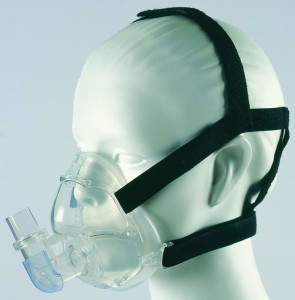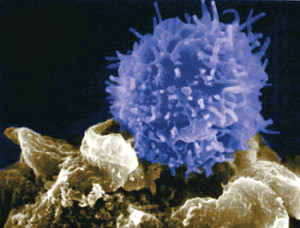January 9, 2014
 The Wall Street Journal (1/9, Petersen, Subscription Publication) reports that according to a study published online Jan. 8 in the New England Journal of Medicine, a surgically implanted device that stimulates a nerve in the jaw located at the base of the tongue appears to reduce symptoms of obstructive sleep apnea (OSA). For some patients, this may present an alternative to conventional Continuous Positive Airway Pressure (CPAP) in which cumbersome masks must be worn while sleeping.
The Wall Street Journal (1/9, Petersen, Subscription Publication) reports that according to a study published online Jan. 8 in the New England Journal of Medicine, a surgically implanted device that stimulates a nerve in the jaw located at the base of the tongue appears to reduce symptoms of obstructive sleep apnea (OSA). For some patients, this may present an alternative to conventional Continuous Positive Airway Pressure (CPAP) in which cumbersome masks must be worn while sleeping.
The New York Times (1/9, Saint Louis) “Well” blog reports that the new “device, called a neurostimulator, helped reduce breathing interruptions and raise blood oxygen levels in about two-thirds of sleep apnea patients participating in a trial” conducted at “22 sites internationally, in 126 patients.”
[Read more…]
 Research suggesting Vitamin E may be beneficial for individuals with Alzheimer’s disease was covered on two of Tuesday’s national news broadcasts, in the print editions or on the websites of several major papers, and by several other major websites and wires. Most sources pointed out that while the vitamin was associated with a delay in the loss of function in Alzheimer’s patients, it had no impact on memory and has not been shown to prevent the disease. ABC World News(12/31, story 5, 1:10, Muir) reported that “a new
Research suggesting Vitamin E may be beneficial for individuals with Alzheimer’s disease was covered on two of Tuesday’s national news broadcasts, in the print editions or on the websites of several major papers, and by several other major websites and wires. Most sources pointed out that while the vitamin was associated with a delay in the loss of function in Alzheimer’s patients, it had no impact on memory and has not been shown to prevent the disease. ABC World News(12/31, story 5, 1:10, Muir) reported that “a new  In a 1,000-word article, the
In a 1,000-word article, the